Problems with sleep affect tens of millions of Americans, and often this can be due to undiagnosed sleep apnea. This condition causes you to pause in your breathing too many times each night. Sleep apnea can become more common as people age and especially affects men in their 40’s and older.
In fact, more than 50% of individuals age 65 and older have some form of sleep-related issues. There are many things that can contribute to sleep apnea too, including tobacco usage, carrying extra weight and drinking too much alcohol. some form of sleep-related concerns.
Fortunately, individuals on Medicare can take advantage of benefits that will help to pay for the diagnosis of sleep apnea as well as treatment. You are eligible for Medicare at age 65, and some younger people can also qualify after two years of being on Social Security disability.
Let’s review how Medicare pays for treatment of sleep apnea.
Your Traditional Medicare Benefits
Medicare has two parts that pay for hospital and outpatient benefits. Medicare Part A provides for inpatient hospital stays, skilled nursing and hospice care. We like to think of it as the part of Medicare that pays for your room and board in the hospital.
Part B covers outpatient medical services such as appointments with your physicians, lab testing, diagnostic imaging, emergency services, durable medical equipment and much more
Most care for sleep apnea will be provided by Part B. Your Part B benefits cover 80% of the costs of all covered outpatient care.
If your doctor suspects that you have sleep apnea, he may decide that you need a sleep study, and this is covered by Medicare. To qualify for Medicare Part B coverage, you must undergo a Type 1 sleep study, also called a polysomnogram, which is performed at a certified lab facility. There you will be monitored for clinical signs of obstructive sleep apnea while you are sleeping.
Medicare may also cover a home sleep test. During home sleep tests, you will wear a type of monitor that records data. When you return the monitor to the lab, technicians will interpret the results and provide that data to your doctor.
So, what happens if you receive a diagnosis of obstructive sleep apnea? Well, Part B can cover either an oral appliance that helps to keep your airway open during your sleep. Your doctor will need to prescribe the oral appliance from an approved PDAC list. You will take your prescription to a Medicare- approved vendor that provides durable medical equipment.
Another type of treatment that Part B may cover is a three-month trial of CPAP therapy, or continuous positive airway pressure therapy. This includes the CPAP equipment and accessories that will help your doctor to determine how well you respond to treatment with a CPAP device.
There are specific requirements, so be sure to confirm your Medicare doctor and the sleep study clinic accept Medicare assignment.
Your Cost-Sharing for Sleep Treatment
We mentioned earlier that Part B only covers 80% of your outpatient medical expenses, so you should be prepared to pay for the other 20% coinsurance yourself.
In 2019, Part B also has a deductible of $185 which you must satisfy first before Medicare begins to pay its 80%.
Many beneficiaries enroll in Medicare supplemental coverage to help them with their share of costs. Medicare supplements can help you pay your deductibles and the 20% that Medicare doesn’t cover.
One great thing about Medicare supplements is that they allow you to see any doctor anywhere in the nation who accepts Medicare. No matter which insurance company you purchase your policy from, you can rest assured that any Medicare provider will accept the coverage.
Sometimes your physician may also prescribe mediations to help you sleep. Medications are covered under Medicare Part D drug plans. You can enroll in one of these voluntary prescription drug programs to help you reduce the costs of your various medications.
Some Medicare beneficiaries choose to enroll in a Medicare Advantage plan instead of Original Medicare and a Medicare supplement. Advantage plans are private insurance plans that pay instead of Original Medicare. These plans have networks, so you’ll need to check to confirm your providers are in the network before you participate in any treatment. If you enroll in a Medicare Advantage plan, you’ll also want to use the plans’ approved DME providers when ordering your sleep oral appliance or any CPAP devices and supplies. you’ll need to use the durable medical equipment vendors in their network to order your oral appliance or CPAP machine.
Danielle Roberts is a Medicare insurance expert based in Fort Worth, TX, where she and her team help new beneficiaries navigate Medicare in 47 states.
